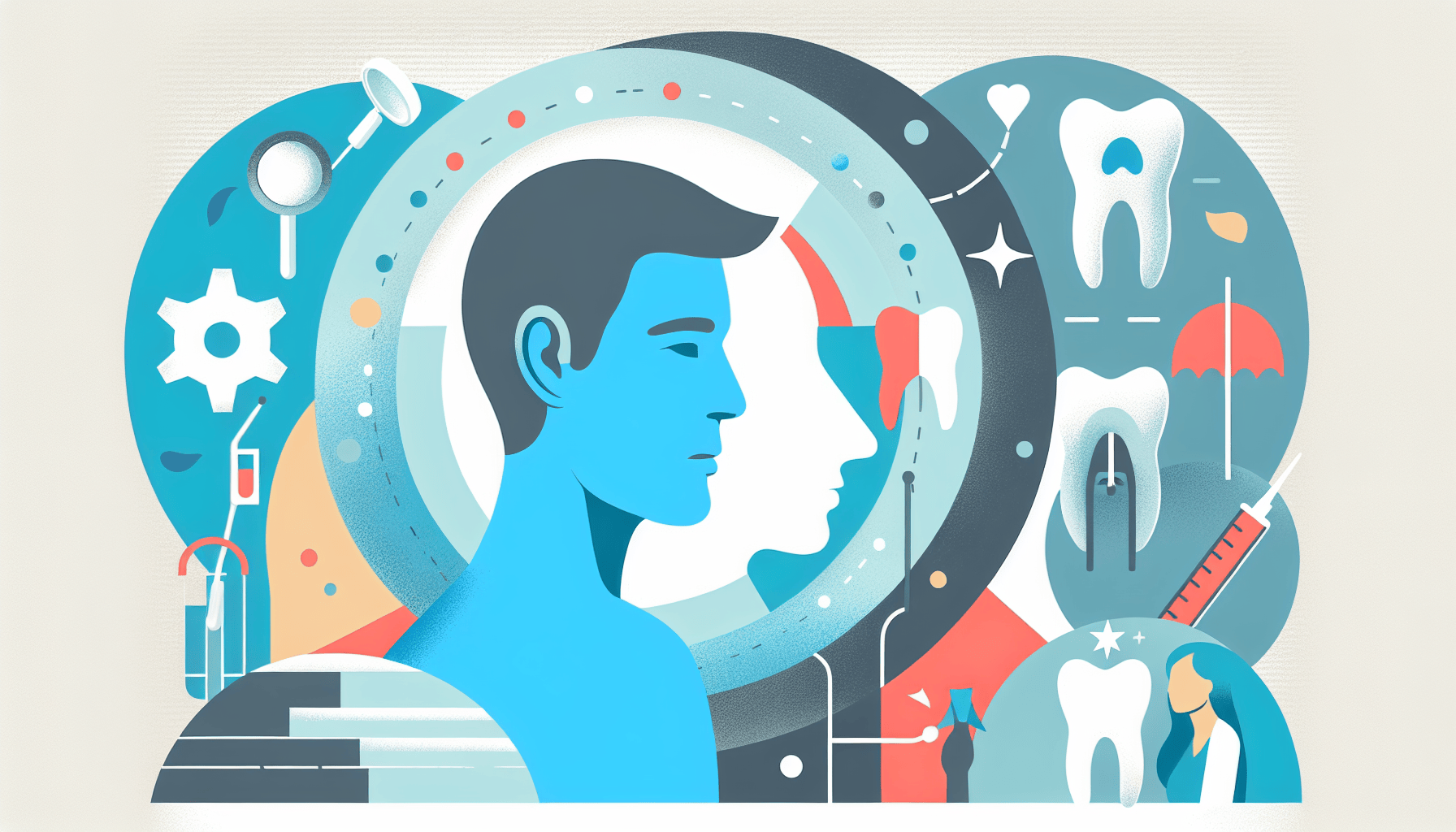If you experience severe pain in your jaw, it could be a sign of TMJ disorder. TMJ stands for temporomandibular joint, which is the hinge that connects your jaw to the temporal bones of your skull, located in front of each ear. This joint allows you to move your jaw up and down and side to side, enabling you to talk, chew, and yawn.
What Causes TMJ Disorder?
The exact cause of TMJ disorder is not always clear, but dentists believe it can arise from problems with the muscles of your jaw or the joint itself. Some factors that may contribute to TMJ disorder include:
Injury to the jaw, joint, or muscles of the head and neck
Grinding or clenching your teeth
Movement of the soft cushion or disc between the ball and socket of the joint
Arthritis in the joint
Stress, which can cause you to tighten facial and jaw muscles or clench your teeth
Symptoms of TMJ Disorder
TMJ disorder can cause a variety of symptoms, which may be temporary or last for many years. Some common symptoms include:
Pain or tenderness in the face, jaw joint area, neck, shoulders, and around the ears
Difficulty opening the mouth wide
Jaws that get "stuck" or "lock" in the open- or closed-mouth position
Clicking, popping, or grating sounds in the jaw joint when opening or closing the mouth
A tired feeling in the face
Trouble chewing or a sudden uncomfortable bite
Swelling on the side of the face
Toothaches, earaches, or ringing in the ears (tinnitus)
Headaches or migraines
Dizziness or numbness in the fingers
Diagnosing TMJ Disorder
To diagnose TMJ disorder, your dentist will ask about your health history and conduct a physical exam. They may take X-rays, MRI, or CT scans to rule out other problems and get a better view of your jaw joint. In some cases, your dentist may suggest TMJ arthroscopy, a minimally invasive surgical procedure, to diagnose the disorder.
Home Treatments for TMJ Disorder
There are several home remedies that can help alleviate TMJ disorder symptoms:
Taking over-the-counter pain medications like ibuprofen or naproxen
Applying moist heat or cold packs to the side of your face
Performing simple jaw stretches and exercises as recommended by your dentist or physical therapist
Eating soft foods and avoiding hard, crunchy, or chewy foods
Minimizing extreme jaw movements and practicing good posture
Practicing relaxation techniques and stress reduction therapy
Avoiding chewing on non-food items like pens or ice
Changing your sleep position to avoid sleeping on your stomach
Medical Treatments for TMJ Disorder
If home remedies do not provide relief, your dentist may recommend one or more of the following treatments:
Prescription medications like muscle relaxants, antianxiety drugs, or antidepressants
A splint or night guard to prevent teeth grinding and clenching
Dental work to replace missing teeth or correct bite problems
Transcutaneous electrical nerve stimulation (TENS) therapy
Ultrasound or radio wave therapy
Trigger-point injections or low-level laser therapy
Surgical Options for TMJ Disorder
In severe cases where other treatments have not been effective, your dentist may recommend surgery. There are three main types of surgery for TMJ disorder:
Arthrocentesis: A minor procedure to wash out the joint and remove damaged tissue or dislodge a stuck disc
Arthroscopy: A minimally invasive surgery using an arthroscope to examine and treat the joint
Open-joint surgery: A more extensive surgery for severe cases involving bone structure damage or tumors
It is essential to seek multiple opinions from TMJ disorder specialists, such as oral surgeons, orthodontists, or prosthodontists, before deciding on surgical intervention.
If you suspect you may have TMJ disorder, consult your dentist for an accurate diagnosis and appropriate treatment plan. With proper care and management, most people with TMJ disorder can find relief from their symptoms and improve their quality of life.
For more information on TMJ disorder, visit:
The Bottom Line
Most TMJ disorders respond well to simple treatments like night guards, anti-inflammatory medications, and avoiding hard foods, with symptoms typically improving within 2-3 months. Early intervention prevents the condition from becoming chronic and requiring more invasive treatments. If you're experiencing jaw pain, clicking, or difficulty chewing, Doctronic can help you understand your symptoms and treatment options quickly.



